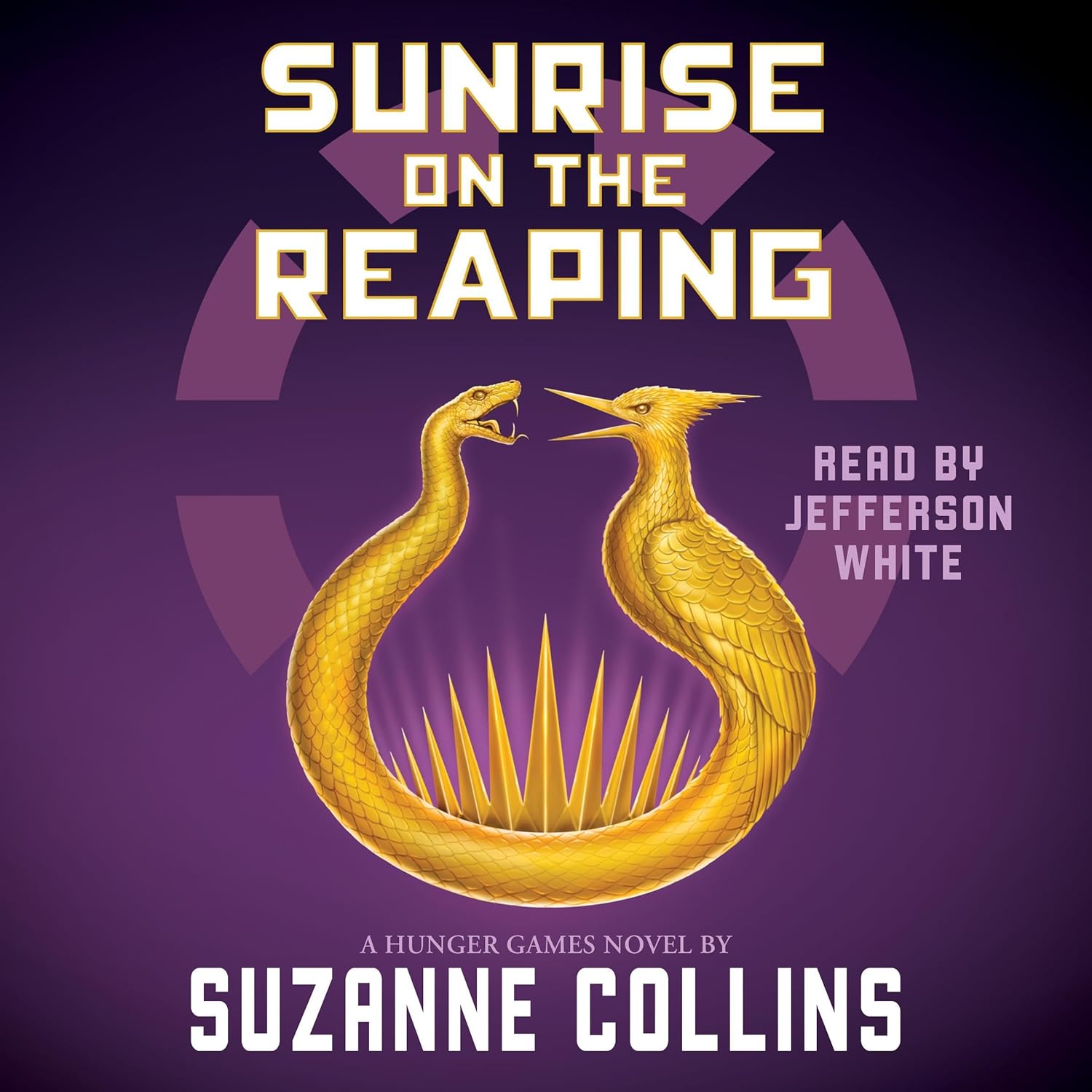[toc]
hunger games training alliances and survival
Sunrise on the Reaping (A Hunger Games Novel) (The Hunger Games)
Page 144 Review
Navigating Alliances and Training in the Hunger Games: A Commentary
The passage offers a glimpse into the complex dynamics and anxieties experienced by tributes during their training period in the Hunger Games.
It highlights themes of isolation, strategic planning, and the bittersweet nature of camaraderie in a deadly competition.
Let’s break down some key elements:
The Outsiders
The opening lines immediately establish a sense of marginalization: “bleachers are empty except for the kids from 11, who are gathered in a tight clump of dark green, heatedly discussing something.” This visual imagery emphasizes their separation from the larger group, possibly indicating a perceived lack of importance or respect.
Maysilee’s complaint, “Are we always the last ones to arrive at everything?” underscores this feeling of being an afterthought.
The narrator’s response, “Keep ’em waiting,” is a defensive mechanism, a way to project an air of indifference, even though the underlying reality is one of exclusion.
Loose Cannons and the Formation of Alliances
Wyatt’s reminder, “Loose cannons,” suggests that their group is seen as unpredictable or unreliable by others.
This label likely stems from their district’s reputation or perhaps their own individual personalities.
However, it also highlights a potential strength – their perceived lack of conformity could make them less predictable opponents.
The passage then subtly shifts, emphasizing the importance of their internal bond: “Mags is right.
Here at the gym, we do stick to one another.
We’re the only ones we know.
And at the Games, we’re the least likely to kill one another.” This underscores the necessity of alliances, even temporary ones, in surviving the arena.
Trust, even among individuals forced into a kill-or-be-killed situation, becomes a valuable currency.
Choosing a Strategy: Knives and Memories
The group’s decision to focus on knife throwing reveals a strategic approach to training: “We should throw knives,” decides Maysilee.
It’s not a bad idea.” This suggests a pragmatic assessment of their skills and resources.
The narrator’s admission, “Despite what I promised Ma, I’m not a complete stranger to knife games,” hints at a past life, perhaps one of survival and self-sufficiency.
The mention of Blair’s skill and the narrator’s own proficiency reinforces the idea that they are not entirely unprepared for the Games.
The sudden recollection of the “brand-new birthday pocketknife that I didn’t get to throw even once, and hope Sid gets some joy from it,” introduces a poignant moment of personal sacrifice and the lingering impact of those left behind.
The Spectacle and the Pressure
The final lines provide a glimpse into the larger context of the Hunger Games: “As we weave our way to the knife range, I notice a few camera crews covering training and a smattering of Peacekeepers patrolling the gymnasium.
To our left, the top section of the bleachers is full of Gamemakers draped in…” The presence of camera crews emphasizes the Games’ role as a spectacle, a form of entertainment for the Capitol.
The Peacekeepers serve as a constant reminder of the oppressive regime, while the Gamemakers, “draped in…,” represent the ultimate arbiters of their fate.
This brief description reinforces the dehumanizing nature of the Games, where tributes are reduced to performers in a deadly show.
In conclusion, this passage effectively captures the complex emotional and strategic landscape of the Hunger Games.
It highlights the importance of alliances, the burden of personal sacrifice, and the constant pressure of being both a participant and a spectacle in a brutal game.
Buy full ebook for only $15: https://www.lulu.com/shop/suzanne-collins/sunrise-on-the-reaping-a-hunger-games-novel-the-hunger-games/ebook/product-e7496ww.html?page=1&pageSize=4
Hunger Games Training Alliances And Survival
Read more: Hunger Games Commentary: Food, Information, and Wyatt

